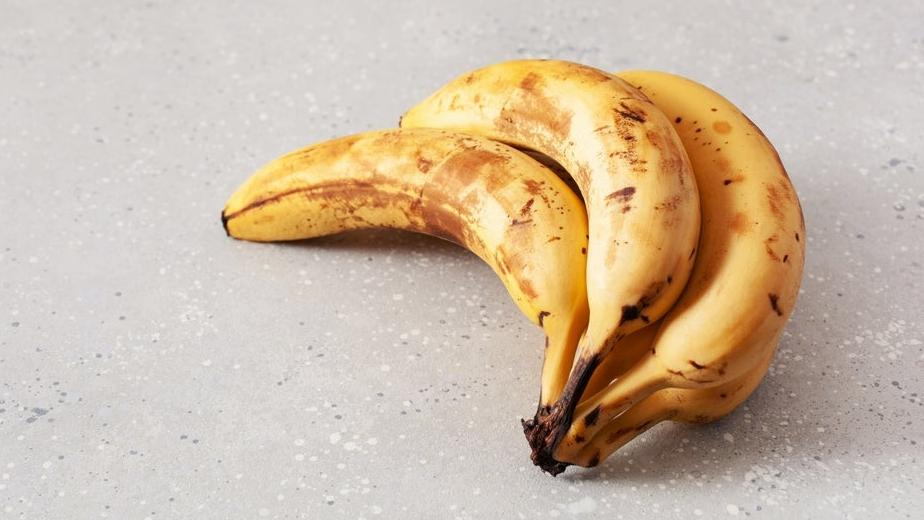Understanding The Global Supply Chain Crisis With Bananas
ProPublica explains why shipping containers are being held at U.S. ports, full of groceries no one can buy.
Imagine you're operating a ship whose job is to carry thousands of items from one place to another. You arrive at a U.S. port as planned, but the ship is unable to be offloaded. Now imagine being charged late pickup fees by an ocean carrier simply because the container hasn't been picked up by truckers yet. The longer it sits, the higher the fee.
But it's not just the fees that complicate things. It's the rules as well. For a logistics company to offload and return a container, it must make an appointment with the port terminal. Problem is, the terminal's systems show complete unavailability. Then there are rules about specific locations and times. This is the journey taken by many of your everyday groceries.
A recent investigation by ProPublica tells us a story about why things have gotten as bad as they have, using bananas as an example of how it all works.
How food is imported to the United States
In the shipping industry, time is money, and it's made no clearer than in the shipment of bananas from Guatemala. The fruit's perishability makes this product a hot topic of conversation because it is more than just about the spoilage of the fruit. It's about the three forces that are responsible for the supply chain and logistics of getting items into this country: the importer, the trucking company, and the ocean carrier.
"Ninety percent of the stuff Americans buy from overseas arrives by ship," writes ProPublica, "and nearly all of it is carried by a small number of ocean carriers that work together in three alliances that dominate the trade."
Two of the biggest ports in America, Port of Los Angeles and Port of Long Beach, have experienced the biggest holdup in the supply chain, as more and more shipping containers are unable to be offloaded onto trucks—of which there's a current shortage—and therefore sit idle, their contents spoiling, while consumers head to the stores, wondering why shelves are so empty.
"It's like renting a car at the airport, and when you try to return it, they're saying, 'No, you have to hang on to it for us, and we're gonna continue to charge you,'" said Fred Johring, the CEO of Golden State Logistics, a trucking firm based in Compton, California.
Why groceries are getting more expensive
Many products we use every day are imported from overseas, mainly China. When the cost of shipping products from China to America rose from $2,000 to over $20,000 per container last year, everything became much more expensive. The added costs were passed down from one party to another, often down to the consumers themselves, and the issue was only exacerbated when ocean carriers began charging fees for idle activity.
In the case of bananas, ProPublica notes that one banana supplier did manage to find a trucking company to move the product out of port, but would only do so for an added fee of $12,000 per container. It wasn't purely opportunistic; it was to cover the late fees the trucks would be slapped with by the ocean carriers once they came to retrieve the bananas. Had the banana supplier accepted the $12,000-per-container deal, it could have meant bananas priced at 90 cents per pound instead of the usual 60.
Every party involved is angry, calling the ocean carrier fees "purposeless" and "illegal" while trade associations and lobbying groups have called it "unethical," "predatory," and "a clear abuse of market power." Unsurprisingly, ocean carriers' profit margins have gone up significantly.
"In the first quarter of 2022, the biggest carriers' operating margins hit 57%, according to one industry research firm, after hovering in the single digits before the pandemic," notes ProPublica.
But who is primarily to blame when the entire process of getting items to a store requires so many parties to work together? It's hard to tell who has more leverage and who should take the blame right now. So much can be said in the shipment of bananas, many of which have gone on to spoil simply because they were sitting there, waiting to be picked up by trucks that will never arrive.
